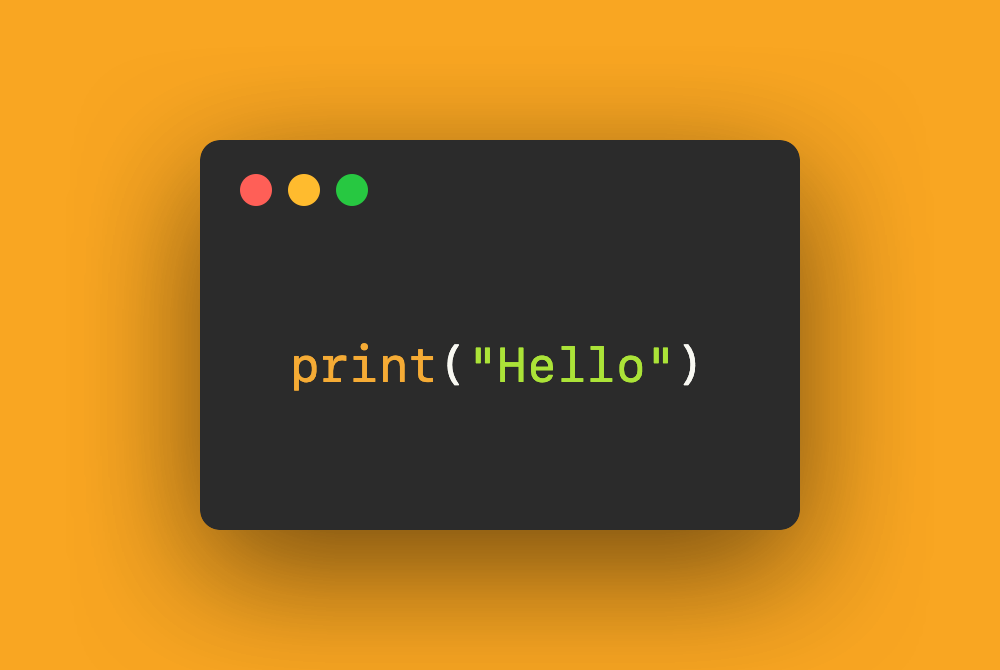

How to preserve a struct memberwise initializer when you have a custom initializ...
source link: https://sarunw.com/posts/how-to-preserve-memberwise-initializer/
Go to the source link to view the article. You can view the picture content, updated content and better typesetting reading experience. If the link is broken, please click the button below to view the snapshot at that time.

How to preserve a struct memberwise initializer when you have a custom initializer
Table of Contents
In the previous article, I talk about Memberwise Initializers, which you get for free on structure types if you don't define any custom initializers.
There might be a time where you want to have a custom initializer, but you don't want to lose memberwise initializer.
Extension
To preserve a memberwise initializer, you can declare a custom initializer in an extension.
struct User {
let firstName: String
let lastName: String
}
extension User {
init(fullName: String) {
let components = fullName.components(separatedBy: " ")
firstName = components[0]
lastName = components[1]
}
}The above User struct will got two initializers, User(firstName: String, lastName: String) and User(fullName: String).
Explicit conformance
Another use case is when you have explicit conformance to Codable protocol.
struct User: Codable {
let firstName: String
let lastName: String
init(from decoder: Decoder) throws {
...
}
}The above code will remove a memberwise initializer since you declare a custom initializer. You can conform to Codable protocol in an extension and declare a custom initializer there to preserve a memberwise initializer.
struct User {
let firstName: String
let lastName: String
}
extension User: Codable {
init(from decoder: Decoder) throws {
...
}
}If you don't need special care in init(from decoder: Decoder) throws, you can conform to it normally and get both memberwise initializer, and the one generated from Codable.
struct User: Codable {
let firstName: String
let lastName: String
}Related Resources
You may also like
Struct is one of the basic building blocks in your app. Today I'm going to share some tips about memberwise Initializers.
Swift Initialization StructLearn different ways to define Auto Layout constraints programmatically.
SwiftRead more article about Swift, Initialization, Struct,
or see all available topic
Get new posts weekly
If you enjoy this article, you can subscribe to the weekly newsletter.
Every Friday, you’ll get a quick recap of all articles and tips posted on this site — entirely for free.
Feel free to follow me on Twitter and ask your questions related to this post. Thanks for reading and see you next time.
If you enjoy my writing, please check out my Patreon https://www.patreon.com/sarunw and become my supporter. Sharing the article is also greatly appreciated.
Memberwise Initializers for Structure Types
Struct is one of the basic building blocks in your app. Today I'm going to share some tips about memberwise Initializers.
History of Auto Layout constraints
Learn different ways to define Auto Layout constraints programmatically.
Recommend
About Joyk
Aggregate valuable and interesting links.
Joyk means Joy of geeK
